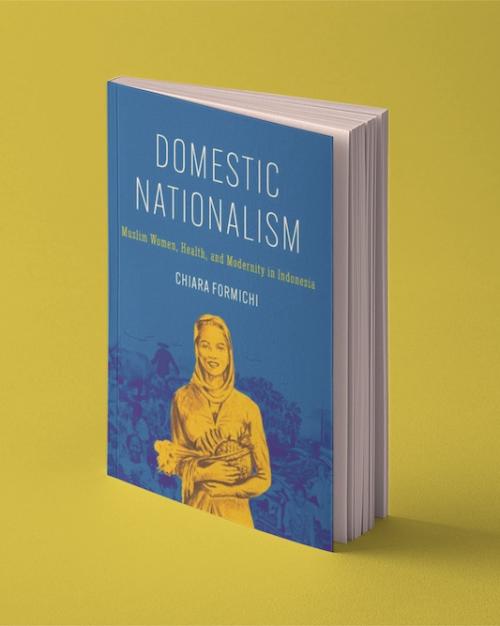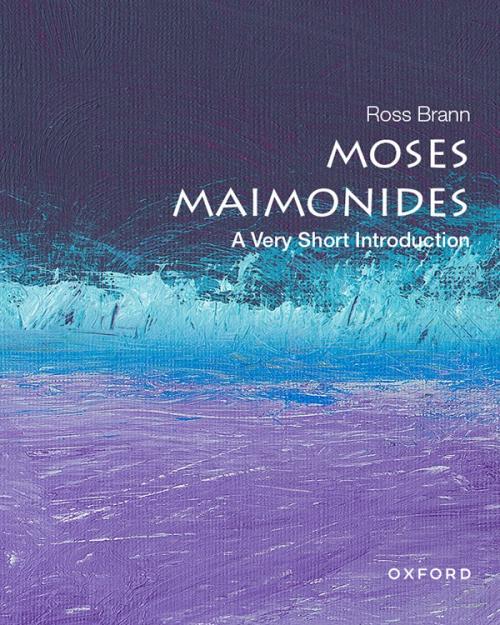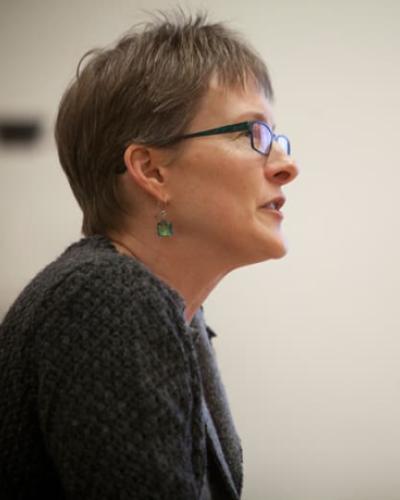Anne Blackburn, Professor in the Department of Asian Studies and the Religious Studies Program, will be teaching a 3 credit course this spring, Temple in the World: Buddhism in Contemporary South and South East Asia (RELST/ASIAN 3309), on Tuesdays and Thursdays from 1:25pm to 2:40pm.
Buddhism is often thought of as a meditative and philosophical tradition, remote from the concerns and pleasures of everyday life, practical ethics, and politics. This course explores the unfolding of Buddhist life in contemporary South and Southeast Asia, in locations such as Burma, Thailand, India, Sri Lanka, Malaysia, and Cambodia. The class will see how the practices of meditation and philosophical reflection enter the lives of Buddhists, along with other expressions of devotion, aesthetic fascination, political action, and sociability. The goal being, to recognize the sensual, emotional, and social qualities of Buddhist practice, and the ways in which life unfolds in a Buddhist idiom.
Blackburn was trained to study Buddhism as an historian of religions (in a program greatly influenced by approaches to historical sociology and hermeneutics) rather than as a philologist. Her secondary supervisor worked in Buddhist Studies and South Asian Studies and was (unusually for the field at that time) insistent that the scholars working on Buddhist texts attend to their literary features, and the contexts for their composition and reception. This combination of influences allows her to approach Buddhist texts with attention to the contexts in which they were composed and used. It has also led her to substantial work in the history of devotional practices and intellectual history, topics first broached in undergraduate days at Swarthmore College. Blackburn approaches this work with the assumption that the history of Buddhist texts and practices should not be divorced from the history of other forms of life with which they are closely connected, and through which they have been constituted.
Her first two books, “Buddhist Learning and Textual Practice in Eighteenth-Century Lankan Monastic Culture” (Princeton University Press 2001) and “Approaching the Dhamma: Buddhist Texts and Practices in South and Southeast Asia” (BPS Pariyatti Ed. 2003) examine Buddhist monastic institutions and social projects in Sri Lanka during the 18th and 19th centuries. These projects study Buddhist activities partly in relation to problems of modernity and colonialism in southern Asia. Blackburn's recent research reveals the deep trans-regional connections among histories of Buddhist place-making and the establishment of Buddhist-oriented policies in the western and southwestern regions of Sri Lanka, north-central Tai lands, and Mon-Burmese territory.





